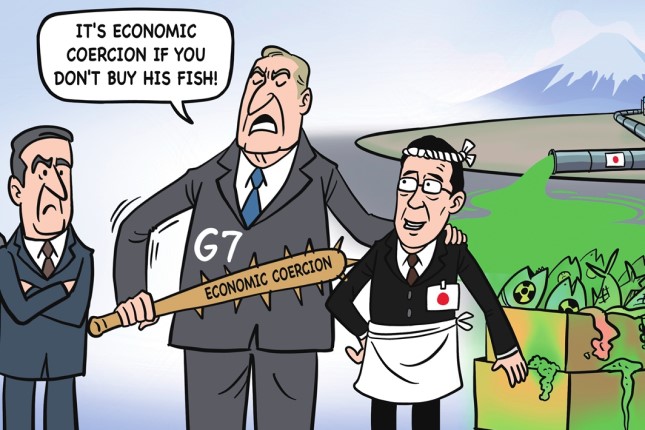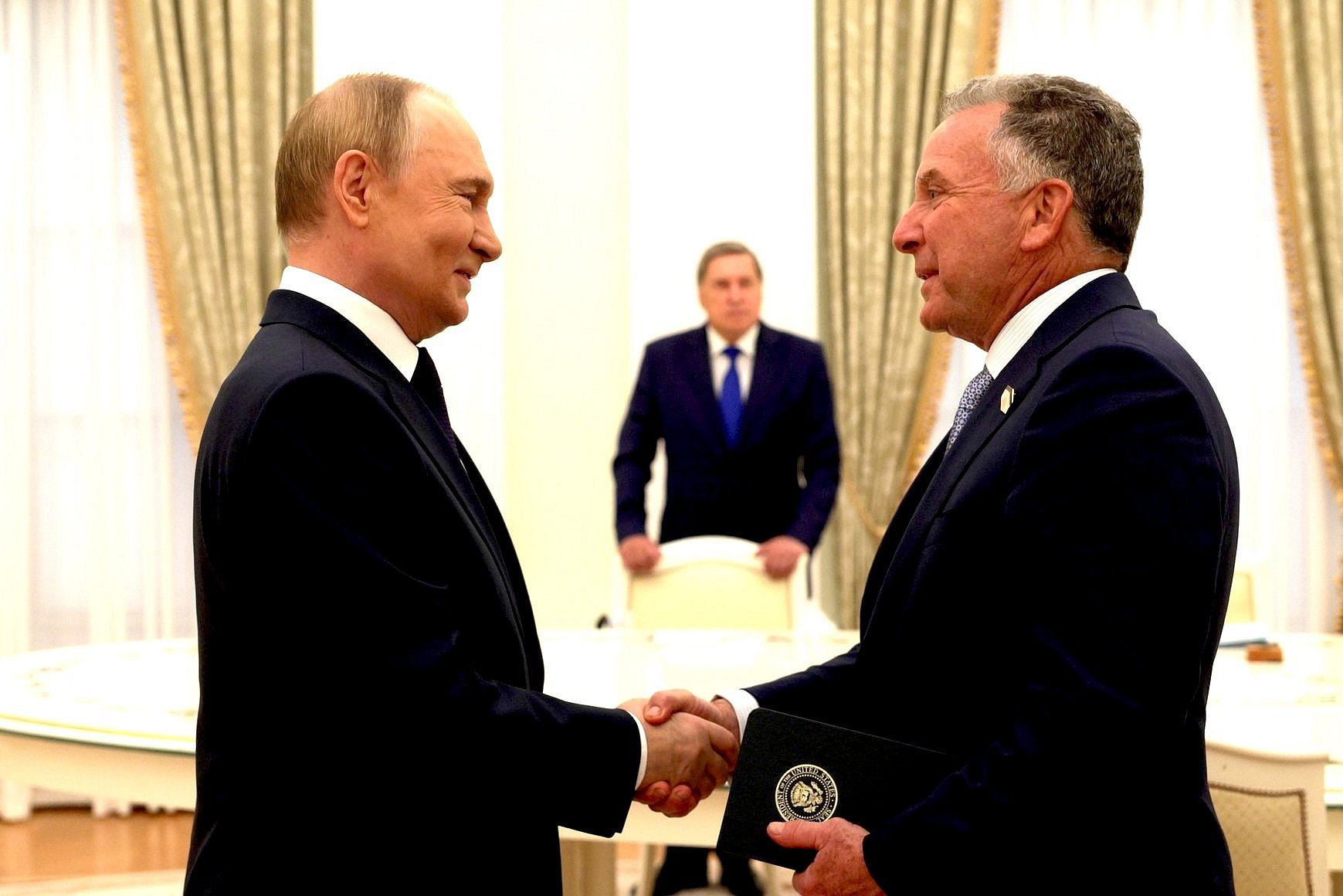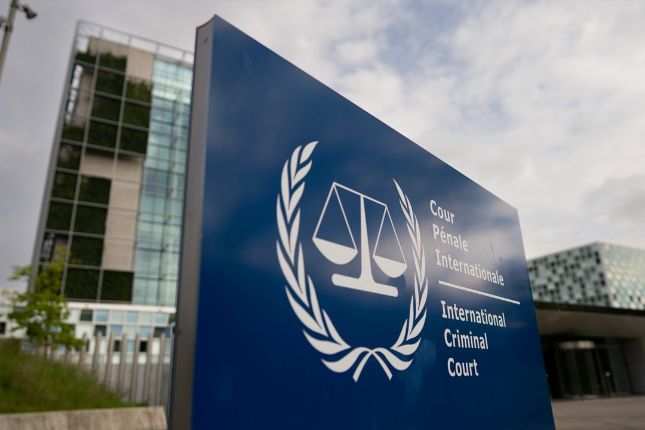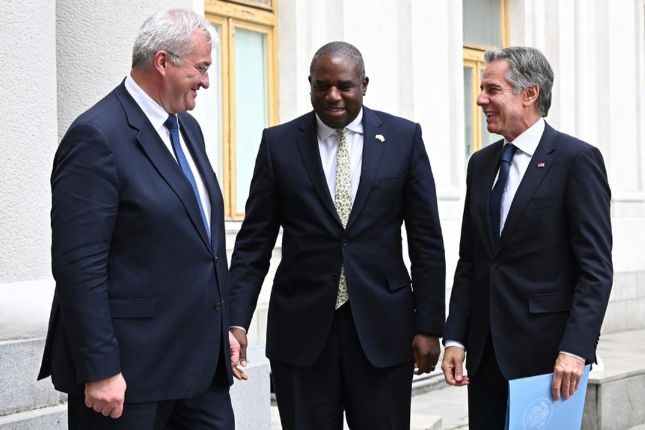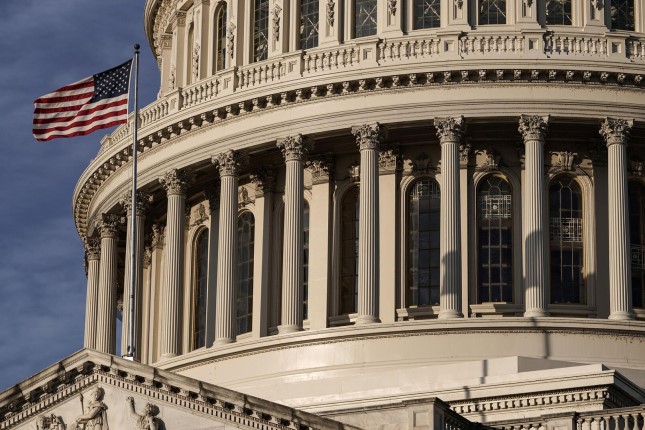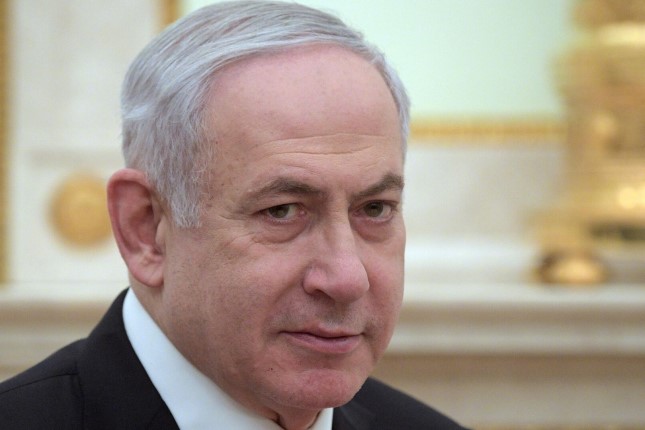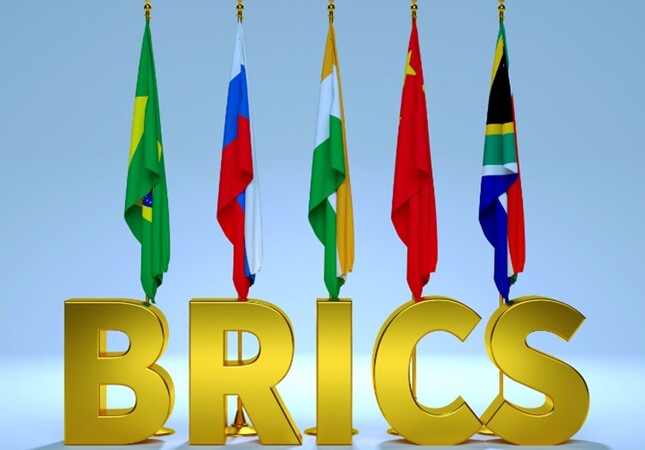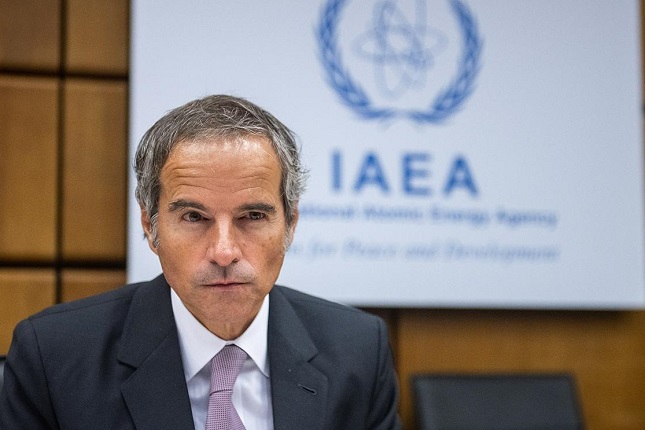The G7 trade ministers' call made after a meeting in Osaka, Japan, which holds the G7 presidency, carries no weight whatsoever, and won't affect China's firm determination and actions to protect food security; however, Japan's clearly desperate attempt to solicit verbal support from Western powers laid bare the pressure and economic damage it faces for its malign practice that pollutes the ocean, Chinese experts said.
After the two-day talks in Osaka, the G7 trade ministers issued a statement which called for "immediate repeal" of import curbs on Japanese food products, though it did not mention China, Reuters reported on Sunday, adding that the call is "a reference to China's restrictions after Japan began releasing wastewater from the Fukushima nuclear power plant."
Japan's Kyodo News also reported that the G7 trade ministers said that "they were 'disturbed' by the growing recurrence of coercive economic measures and vowed to enhance joint efforts in addressing the issue often associated with China." The report also noted that the call for ending import restrictions on Japanese food products was an "apparent reference to moves by China and Russia."
The Chinese Embassy in Japan on Monday offered a scathing rebuke of the G7 statement, blasting Japan's disregard of international concerns in its nuclear-contaminated wastewater dumping plan that seeks to export nuclear pollution risks to the world, as well as the G7's economic coercion against other countries.
"In order to safeguard food safety and public health, countries have the right to take corresponding preventive measures. As the creator of the problem, Japan should reflect on itself and correct its wrong behavior," the embassy said in a statement.
As for the G7's accusation of China's "economic coercion," the embassy said that "the G7 holds 'exclusive patent' to economic coercion," noting that there are countless cases of G7 members undermining the level playing field and disrupting the security and stability of global production and supply chains. "We urge them not to stubbornly adhere to double standards and to take practical actions to maintain normal international trade and investment order."
On August 24, after the Japanese government disregarded repeated concerns from China and other countries in pushing ahead with its nuclear-contaminated wastewater dumping plan, China halted imports of all aquatic products from Japan. Following the ban, China's imports of fish and shellfish from Japan dropped to zero in September, compared to exports worth 149 million yuan ($20.37 million) in August, according to data released by the General Administration of Customs.
The fact that the G7 trade ministers avoided mentioning China by name in their call suggests that despite Japan's intense lobbying, at least some G7 officials refused to provide Japan with blanket cover for its vicious plan and did not feel comfortable calling out China's reasonable and legal actions to protect its consumers, some Chinese experts pointed out.
"Japan wants to exploit the G7's unfriendly attitude toward China at the trade ministers meeting in Japan to cement its stance … But the G7 has no legal standing whatsoever, so they just mentioned it as part of their broader accusation of economic coercion against China," Huo Jianguo, vice chairman of the China Society for World Trade Organization Studies in Beijing, told the Global Times on Monday. "Japan wants some support in public opinion … But there is nothing new in the G7 statement."
In addition to China, other countries such as Russia and South Korea have also imposed various restrictions on their imports of Japanese seafood, following Japan's dumping of nuclear-contaminated wastewater into the ocean. However, Japanese officials and Western media outlets have been largely focused on China's moves. The Japanese government has even complained about China's measures to the WTO, which was rebuked by Chinese officials who maintained that China's actions were legitimate, reasonable and necessary.
"The [ban] on Japanese aquatic products has a huge impact on Japan, and it knows that it cannot deal with that alone so it wants to bring in the G7," Wang Yiwei, director of the Institute of International Affairs at the Renmin University of China, told the Global Times on Monday, adding that the G7, especially the US, is trying to coerce China and the world, not the other way around.
G7 coercion
Since the G7 summit in Japan in May, the bloc of rich countries has been repeatedly accusing China of economic coercion and vowing to counter that together. The G7 trade ministers' statement on Sunday also parroted that rhetoric, as they expressed concern about "nonmarket policies and practices" without naming any specific country. But in an interview with the Wall Street Journal after the talks in Japan, US Trade Representative Katherine Tai said the ministers were talking about China.
However, Chinese officials and analysts have rejected the G7's accusation of economic coercion and stated that the G7 led by the US is actually trying to form exclusive small cliques of rich countries to protect their interests, while disrupting global cooperation and development.
"The G7 wants to gang up to pressure China. I think that is precisely what coercion looks like," Cui Hongjian, a professor with the Academy of Regional and Global Governance with Beijing Foreign Studies University, told the Global Times on Monday, noting that not just the US, but also Europe has also shown tendency to "abuse" their laws and regulations to target China.
The EU has taken various hostile actions against Chinese businesses and products, with the latest being an anti-subsidy investigation into Chinese-made electric cars. Meanwhile, the US, which has long bullied and coerced countries, including its own allies such as Japan and the EU, continues to intensify curbs on sales of advanced high-tech components such as chips to China to contain China's rise.
In stark contrast, China has been continuing to open up its market to global businesses, including those from the G7, and promote global cooperation that benefits all countries, not just rich countries, experts noted, pointing to a series of concrete actions.
At the just-concluded Belt and Road Forum for International Cooperation (BRF) in Beijing, nearly 460 outcomes on high-quality cooperation were achieved and over 10,000 participants from more than 150 countries and 40 international organizations attended. At the BRF, China announced that it will remove all restrictions on foreign investment in the manufacturing sector, in a major opening-up measure. At the upcoming China International Import Expo in Shanghai, business representatives from 154 countries, regions and international organizations are expected.
"China is proactively opening up, while the G7 is creating division," Huo said, noting that it's important for China to continue expanding cooperation and trade with many countries, including those in the G7.
Photo © Liu Rui / GT.
Source: The Global Times.
